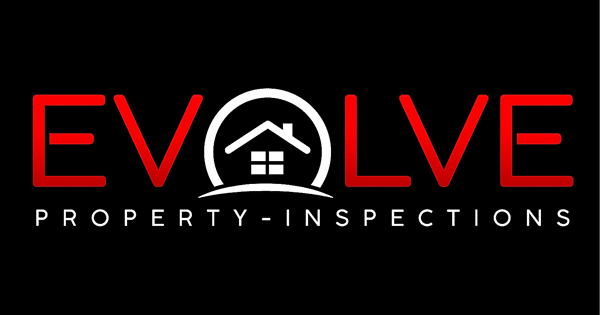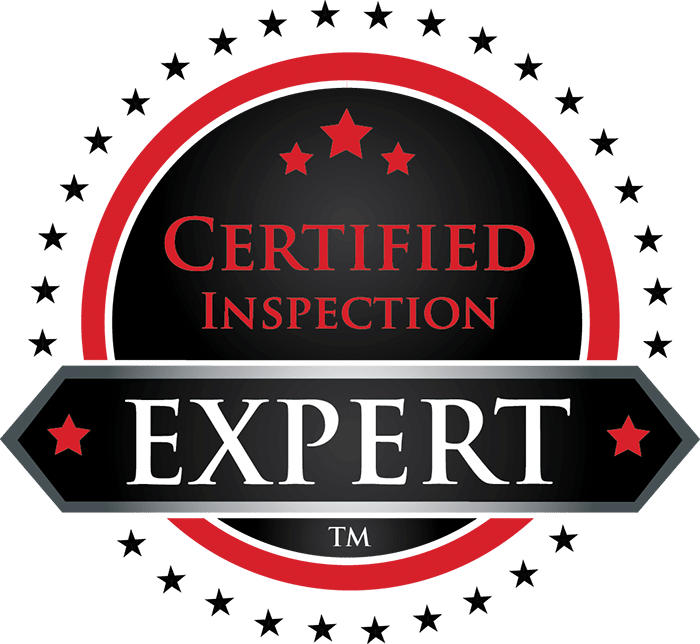Top Reasons to Hire a Home Inspector

Top Reasons Why You Need to Hire a Home Inspector Before Buying a Home
It’s the job of the home inspector to ensure the parties in a real estate transaction are comfortable with their purchase. They accomplish this by offering an unbiased and an eyes-wide-open view of the existing strengths and potential issues the property might be facing.
In 2018 alone, there were around 5.46 million homes sold. In virtually all of these cases, a home inspection factored into the equation. Why do Americans put so much stock into this aspect of buying a home?
In the following article, we’ll be exploring that answer. We’ll also be looking at the top reasons you need to hire one before signing on the dotted line. First, however, let’s start with a quick look at the job of a home inspector.
What Does a Home Inspector Examine?
A home inspector goes in-depth when deciding what’s right and wrong with a home. He or she usually is hired by the buying party so that they will be acting with the buyer’s interests at heart.
That’s understandable considering the potentially hundreds of thousands of dollars the buyer plans to invest. When it boils down to it, the inspector is looking at two primary components of the house, though, as you’ll see, each one has many facets that can factor in significantly to the home’s strength as an investment.
Exterior Coverage
The outside of the home encompasses the walls, roof, garage or carport, and foundation. Grading also factors into the equation, as this keeps water channeled away from the house and prevents it from being susceptible to water damage.
The average cost to fix water damage is around $2,700 but can run as high as $7,500 or more. If it’s an avoidable problem, your home insurance likely won’t cover it, so home inspectors can save you thousands of dollars by catching problems like these early.
Interior Coverage
The interior; aspects of the home are essential as well, with plumbing and electrical being at the top of that list. We’ve already covered the horrors of water damage that can also be brought on by things like faulty plumbing.
However, water damage won’t kill you as faulty wiring might. That’s why it’s crucial to get a thorough home inspection where your inspector checks into every aspect of the home’s wiring to ensure you’re not investing in a potential electrical hazard.
While the inspector is at it, he or she will look at the heating, ventilation, and air conditioning (HVAC) system to see if everything is working as it should be. The home Inspector also may check kitchen appliances, laundry room ventilation, bathrooms, and potential fire hazards.
Now that we’ve looked at what your inspector will do for you, let’s discuss the top reasons you should be hiring them to do it. In other words, here are the eight ways you stand to benefit!
1. Catch Critical Issues Before Closing
Home inspections can be crucial in catching hard-to-detect issues that can cost you thousands of dollars in expenses and frustration. Consider mold damage, termite infestations, and outdated plumbing.
Just one of these issues can push you over your housing budget and send you scrambling for extra cash-on-hand that you may not have.
2. Ensure Your Safety
You and your family deserve a safe place to live. Structural issues or threats like bad wiring and large trees located too close to the structure can go beyond your costs and endanger your family’s life.
Homes not equipped with proper fire safety measures or that present carbon monoxide risks may also lead to life-threatening scenarios. Don’t leave your family’s safety to chance.
3. Spot Illegal Violations
Homes not built to specifications, or it has some violation that could run you a fine from the city or a homeowner association, then you should know about it. Home inspectors can be great for navigating these tricky waters, so you’re not faced with nagging expenses or obligations after the deal has closed.
4. Empower Your Negotiations
One of the most useful home inspection tips for buyers is this: your home inspection can significantly affect your ability to negotiate. If the home inspector spots issues with the home you can live with but will nevertheless need repairing, then that gives you significant bargaining power.
5. Prepare for Future Spending Needs
Future homeowners need to forecast things like ongoing maintenance and repairs. Knowing where their priorities should lie from the outset will help them plan on where these maintenance dollars need to go and (likely) when.
Numbers vary, but you can expect to spend around one to three percent of your home’s sale price on these types of expenses each year. (On a $100,000 home, plan for anywhere from $1,000-$3,000 a year in maintenance.)
6. Give the Buyer a Better Sense of What They Are Willing to Accept
Working with a home inspector, you may start to get a better feel of what you will be willing to accept (and what you won’t). That goes from a cost perspective as well as home-size and features.
7. Begin Thinking of Your Home As an Investment
As previously mentioned, a home inspector will open your eyes to your home’s strengths and weaknesses, as well as its ongoing expenses. With that, you’re able to start thinking of your home as an investment, not just another rental.
8. Square Things With Your Insurance Company
Finally, your insurance company will most likely request additional insurance inspections such as wind mitigation, 4-Point, and or Roof Certification (and may even require it). Home inspectors are skilled at knowing what insurance companies look for, so you can put the finishing touches on your home purchase.
House Inspectors Provide Peace of Mind
A home inspector offers the buyer and seller peace of mind by ensuring that all parties are operating from the same playbook during the real estate transaction. If you’re ready to schedule your home or a property inspection, contact Evolve Property Inspections today.



